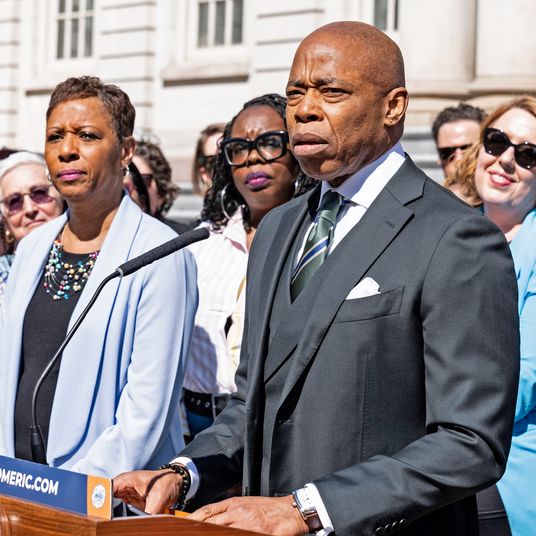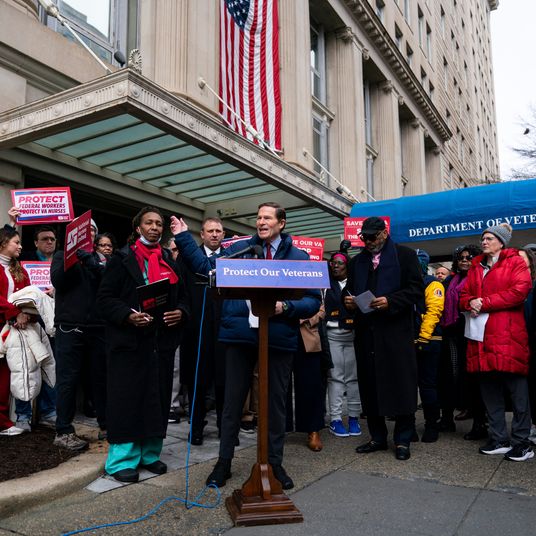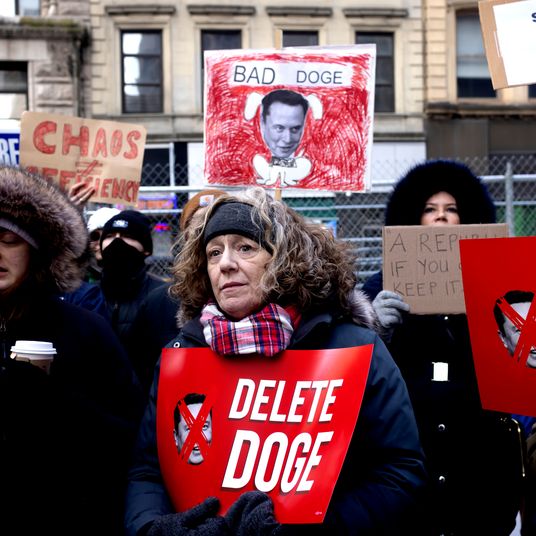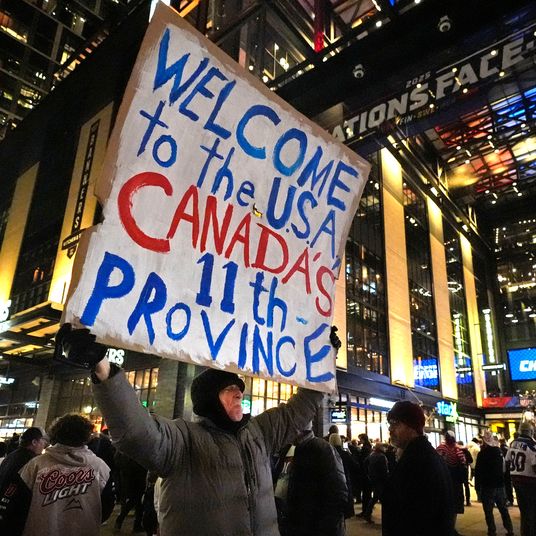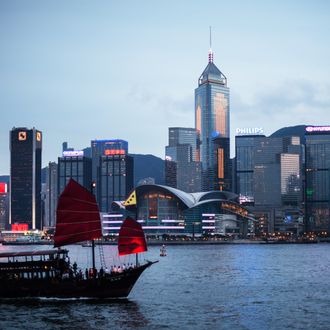
Last we heard from Edward Snowden, the former intelligence worker behind the recent wave of NSA leaks, he was eating room service and watching cable news in a posh Hong Kong hotel. (Update: He checked out of the Mira Hotel on Monday.) When he left his girlfriend and job in Hawaii as the leaks started, Snowden picked the partially independent Chinese territory for its “spirited commitment to free speech and the right of political dissent,” he told the Guardian, with hopes of eventually seeking asylum “in a country with shared values,” like Iceland. But making it to that point is far from a sure bet.
“Hong Kong is the worst place in the world for any person to avoid extradition, with the possible exception of the United Kingdom,” a lawyer told the Wall Street Journal. One legislator in the city said Snowden’s choice was “based on unfortunate ignorance.” And The New Yorker quoted a liberal Hong Kong blogger as writing that Snowden had gone “out of the tiger’s den, and into the wolf’s lair.” (Local reporters, meanwhile, are on the hunt for him.)
Based on the current extradition treaty between the U.S. and Hong Kong, both sides can refuse for political reasons, although there is no recent precedent for doing so. And even if Hong Kong decided not to hand over Snowden, should the U.S. come calling, Beijing retains veto power for cases in which “defense, foreign affairs or essential public interest or policy” are at risk. The good money is on China trying to avoid a diplomatic crises.
He does have options, albeit with slim odds: If Snowden applied for refugee status in Hong Kong, he could cite the possibility of cruel, inhuman or degrading treatment (CIDTP) upon returning to the U.S.“With the reports about the treatment of Bradley Manning, there’s an arguable case for him facing CIDTP,” one human rights expert told the South China Morning Post. Still, in the words of the city’s former secretary for security, “It’s actually in his best interest to leave Hong Kong.” (Update: Benjamin Carlson at Global Post writes, “Hong Kong’s asylum system is currently stuck in a state of limbo that could allow Snowden to exploit a loophole and buy some valuable time.”)
“For all of you criticizing Snowden’s choice about where to go: feel free to offer what you think was his better alternative,” tweeted Glenn Greenwald, the Guardian journalist who has been reporting Snowden’s leaks. “I could see arguments for Russia or Venezuela or perhaps Iran,” wrote Talking Points Memo’s Josh Marshall yesterday, citing countries vaguely antagonistic toward the U.S. and their own human rights issues, perhaps willing to prove a point. The Ecuadorian embassy in London, where WikiLeaks founder Julian Assange has been staying indefinitely, has also been floated as an option, although they may have their hands full. “The reality, as he said, is that he has no good options,” said Greenwald. “It’s deciding which is least bad.”
As for Iceland, Snowden’s dream destination, he has some budding support there: Birgitta Jonsdottir, a member of parliament, and Smari McCarthy, executive director of the Icelandic Modern Media Initiative, said in a statement “we feel it is our duty to offer to assist and advise Mr. Snowden to the greatest of our ability … We are already working on detailing the legal protocols required to apply for asylum, and will over the course of the week be seeking a meeting with the newly appointed interior minister of Iceland, Mrs. Hanna Birna Kristjánsdóttir, to discuss whether an asylum request can be processed in a swift manner, should such an application be made.”
One has to imagine the U.S. government is already assessing its options, as well.









